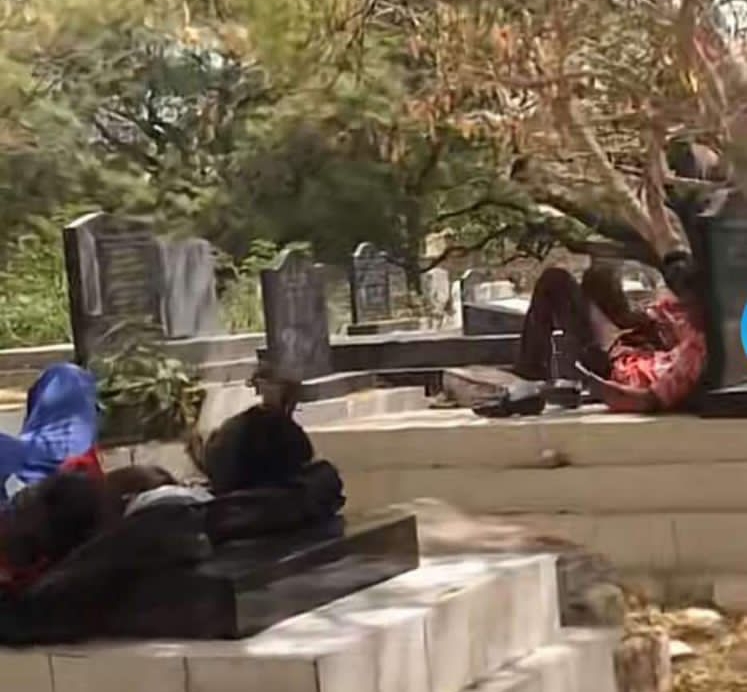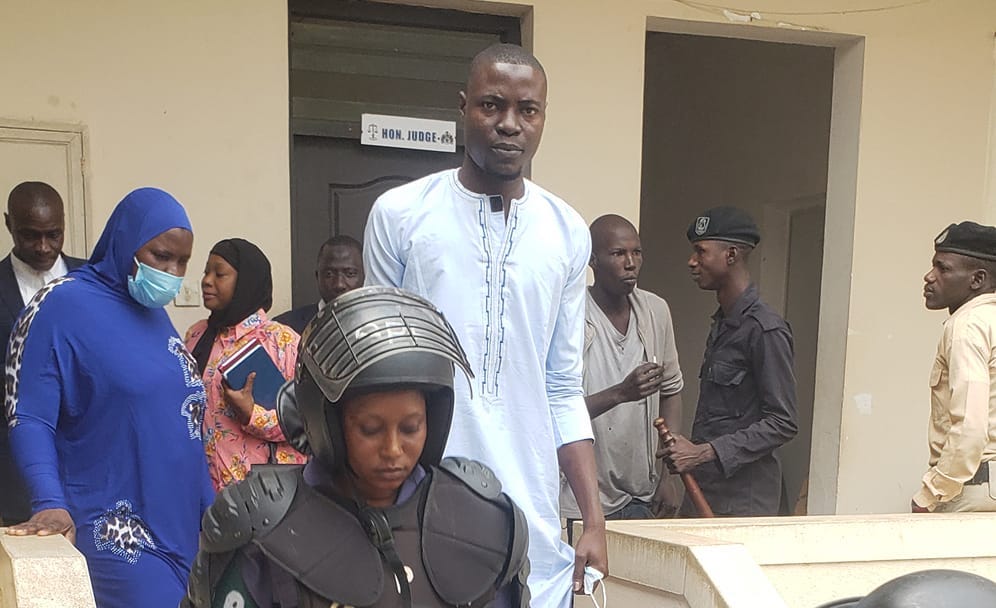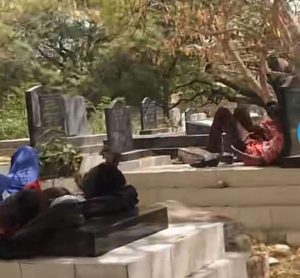Gambiaj.com – (BANJUL, The Gambia) – In the murder trial of Ousainou Bojang, accused of killing two police officers at Sukuta-Jabang Traffic Light in September 2023, Senior Lawyer Lamin J. Darboe argued that the case against Bojang is unfounded and urged the court to acquit his client. Representing Bojang, Darboe’s no-case submission emphasized what he claims are fundamental flaws in the prosecution’s evidence, including the lack of forensic linkage between Bojang and the alleged murder weapon.
The prosecution closed its case after presenting 13 witnesses, accusing Bojang of murder under Section 187 of The Gambia’s Criminal Code. The allegations state that on or about September 12, 2023, Bojang shot Police Constables Sang J. Gomez and Pateh Jallow with malice, resulting in their deaths. The charges also include acts of terrorism, attempted murder, and grievous bodily harm involving another officer injured in the incident.
In his argument, Lawyer Darboe questioned the prosecution’s failure to provide forensic evidence, notably ballistic, DNA, and fingerprint analyses, to link Bojang to the crime. According to Darboe, while a ballistic report was submitted, it did not demonstrate Bojang’s connection to the weapon.
He highlighted that witness PW8 testified that no fingerprints were found on the gun to link Bojang to the murders. Darboe also argued that proper forensic practices, like DNA analysis of the gun, could have reinforced the prosecution’s case, stating that “forensic analysis is essential in determining the nexus between the accused and alleged crime.”
Further complicating the case, Darboe cited the Anti-Terrorism Act’s requirement that a detainee’s detention period be continuously recorded. He contended that the lack of video evidence of Bojang’s detention raised questions regarding the legal integrity of the prosecution’s case. Additionally, forensic officer Francis Jatta testified that the gun was found disassembled, exposed to the elements, and potentially tampered with, further limiting its evidentiary value.
Darboe urged the court to consider the absence of corroborative forensic evidence as grounds for acquittal, asserting that convicting Bojang based solely on unverified confessions or circumstantial links would be legally unsound. He stressed the principle of ‘corpus delicti,’ which prohibits conviction solely based on confession without independent evidence verifying the crime.
In concluding his submission, Darboe argued, “Law’s empire must be extensive and effective, but its reach must be legitimate under all circumstances. I fervently submit that the 1st Accused person deserves to be fully absolved of the allegations leveled against him.”
The court will soon decide on Darboe’s no-case submission and determine whether Bojang will face further trial proceedings.










